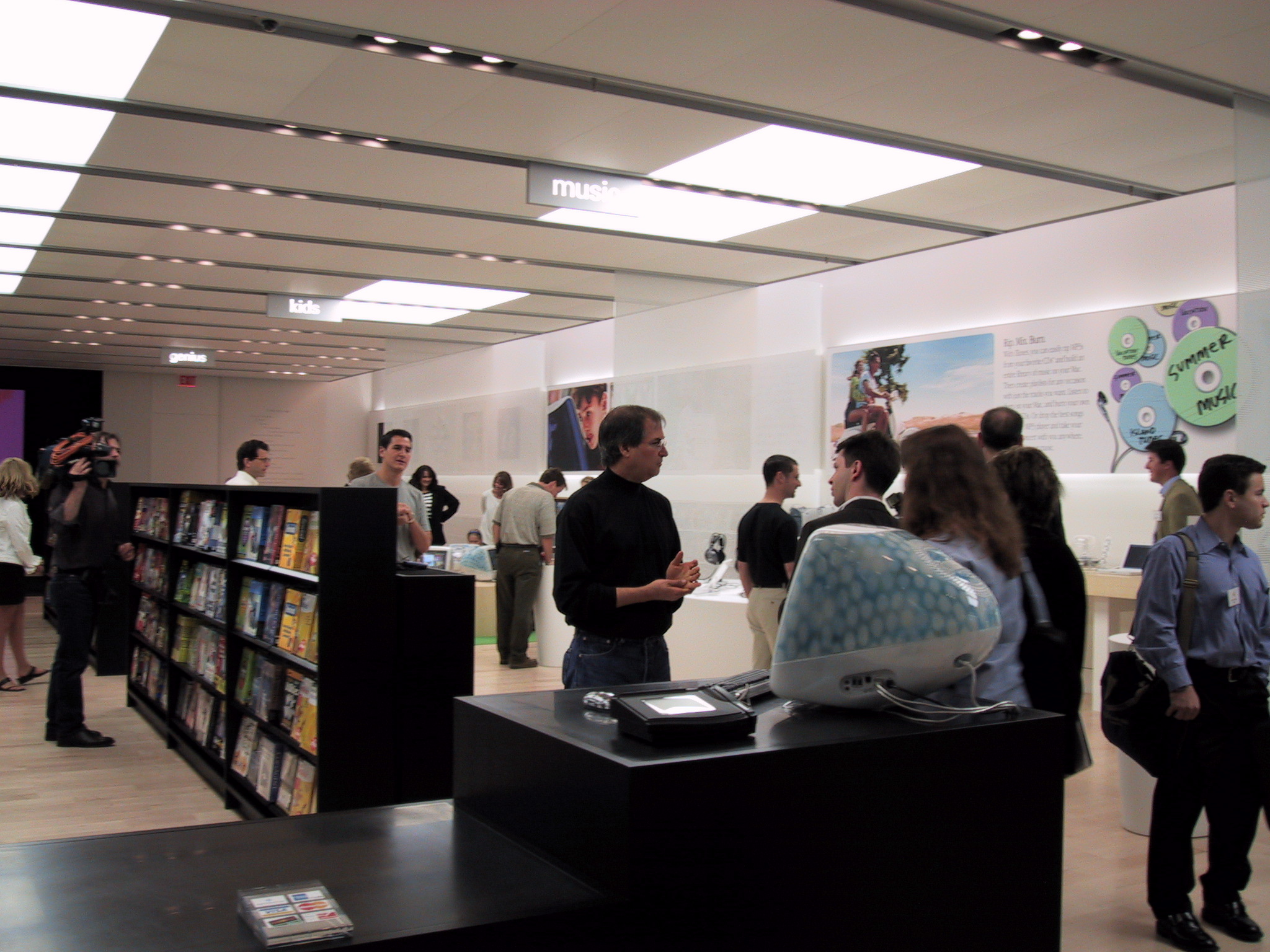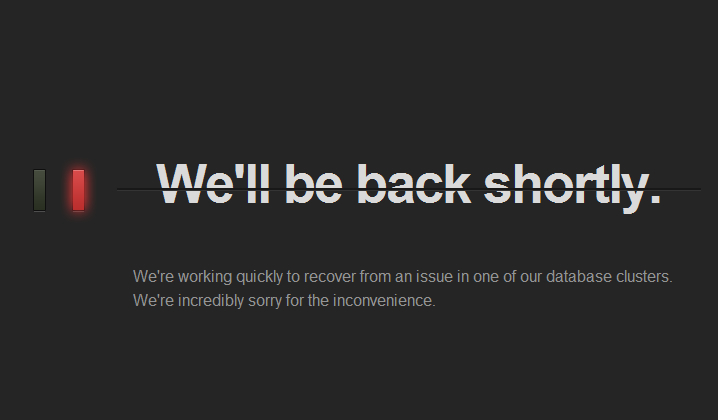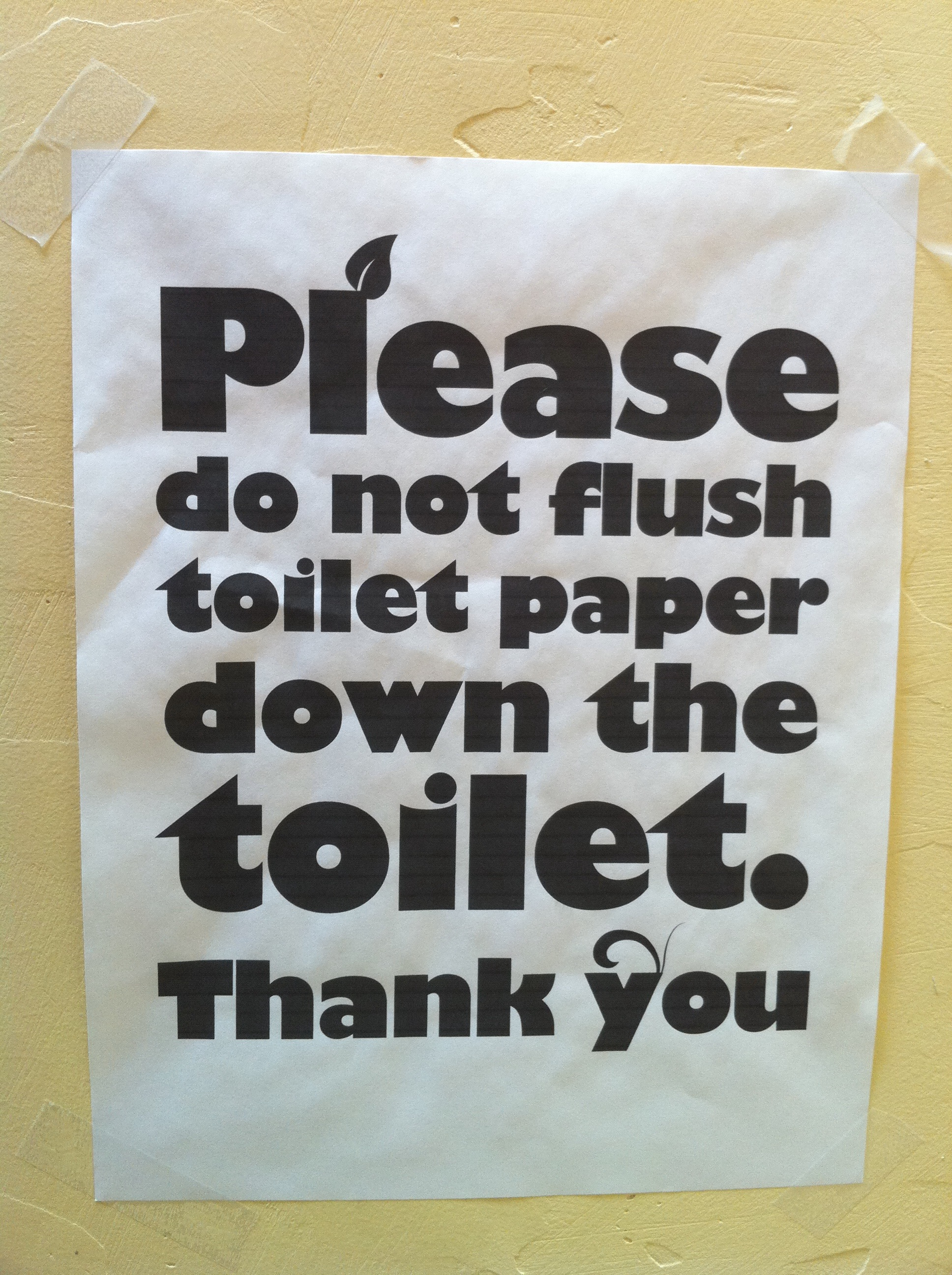Ten years ago—that’s right, 2001—Apple made four investments that bore fruit in a 21st-century success story. Everything that came afterwards, even iPad and iPhone, traces back to what I call the “2001 Four”.
Apple made these investments during difficult times. The dot-com bust rippled disastrously through the tech industry, the United States was gripped in recession and Apple’s stock value had collapsed. Shares opened at $343.72 today about four bucks off the 52-week high. Apple’s market capitalization was $317.21 billion at yesterday’s close. Going back in time, Apple shares traded for less than $10 a decade ago. As I explained last month, Apple’s fortunes have dramatically changed.











